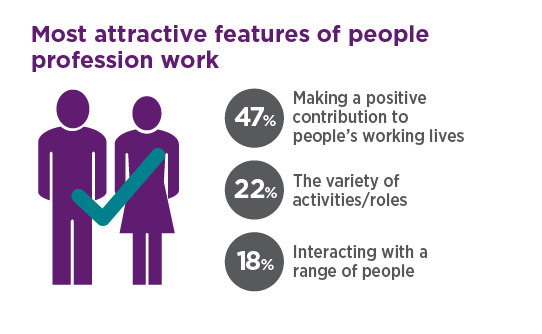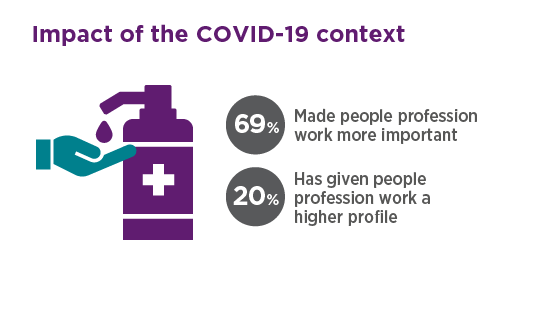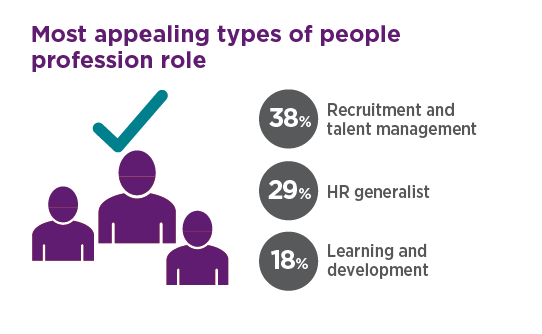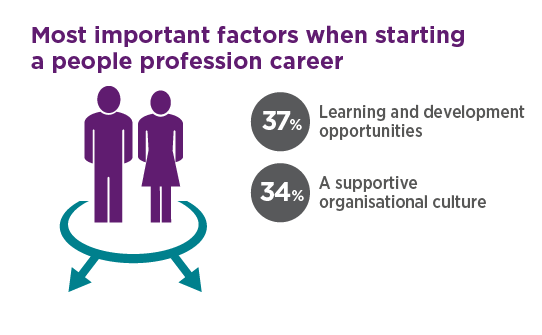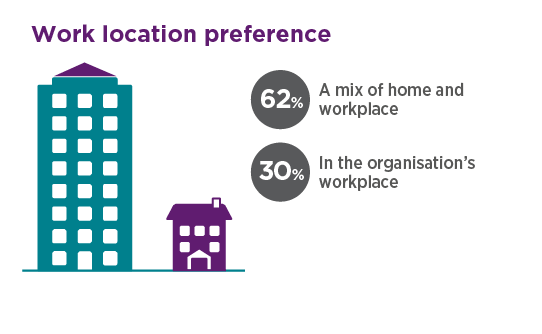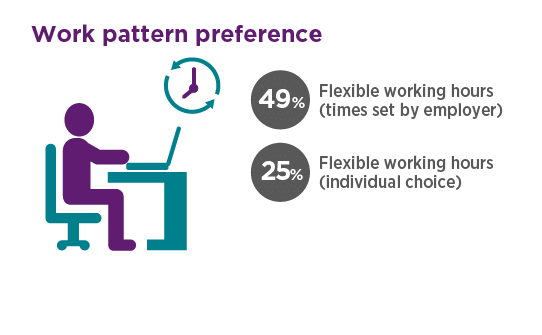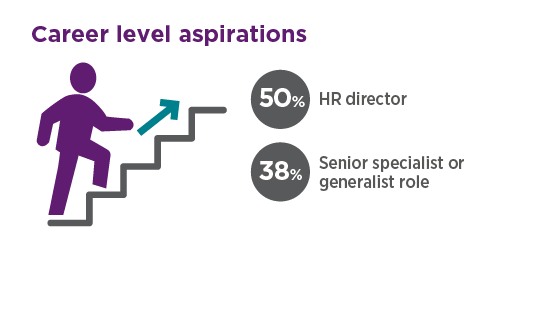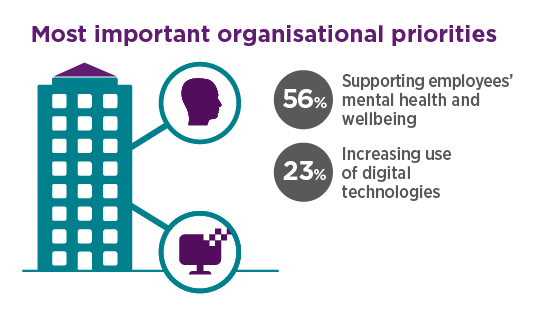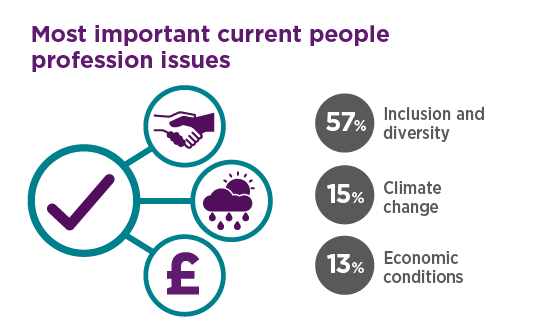Post-graduate students are the future of work. As people professionals looking to recruit and develop talent pipelines, it’s important to understand the new generation’s motivations for entering the people profession. Gaining insight into their preferences, aspirations for career development and what emerging trends they see as most important is key to attracting and supporting them.
We surveyed 148 full-time students on CIPD-accredited HRM Masters-level programmes at 15 universities across the UK and Ireland in late 2021, to better understand the ambitions of the future of the profession.
While these findings are based on UK data, the broader trends and implications should be of interest wherever you are based.
Expectations and aspirations
CIPD Trust
Tackling barriers to work today whilst creating inclusive workplaces of tomorrow.
Bullying
and harassment
Discover our practice guidance and recommendations to tackle bullying and harassment in the workplace.

22 Apr, 2024
The CIPD celebrates International HR Day 2024
Peter Cheese, the CIPD's chief executive, looks at the challenges and opportunities faced by today’s business leaders and the strategic priorities needed to drive future success

An exploration of how generative AI tools like ChatGPT can be used effectively to support human resource management

Insight from the CIPD’s survey into factors driving pay decisions in UK workplaces and recommendations for practice

Find out about the importance of neuroinclusive workplaces, what employers are doing and the working experiences of neurodivergent and neurotypical employees

A report seeking common ground in skills policy across the UK’s four nations

Insight into how global issues are impacting people professionals in the UK, Ireland, Asia-Pacific, MENA and Canada

